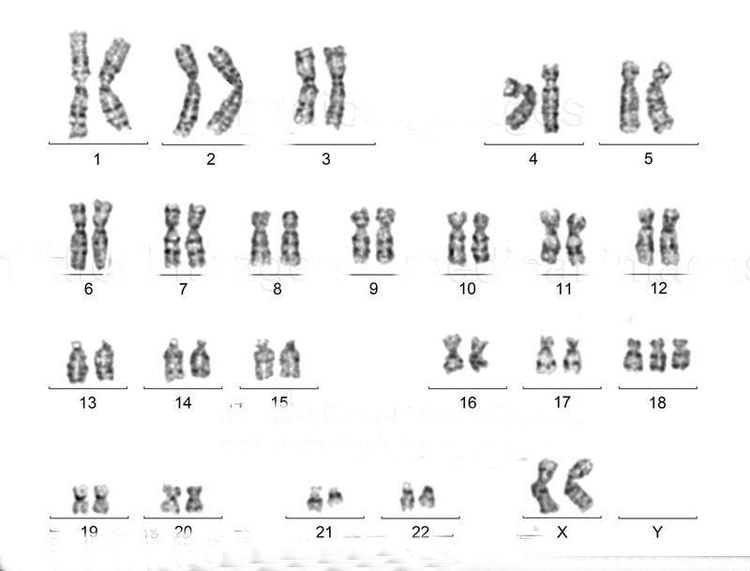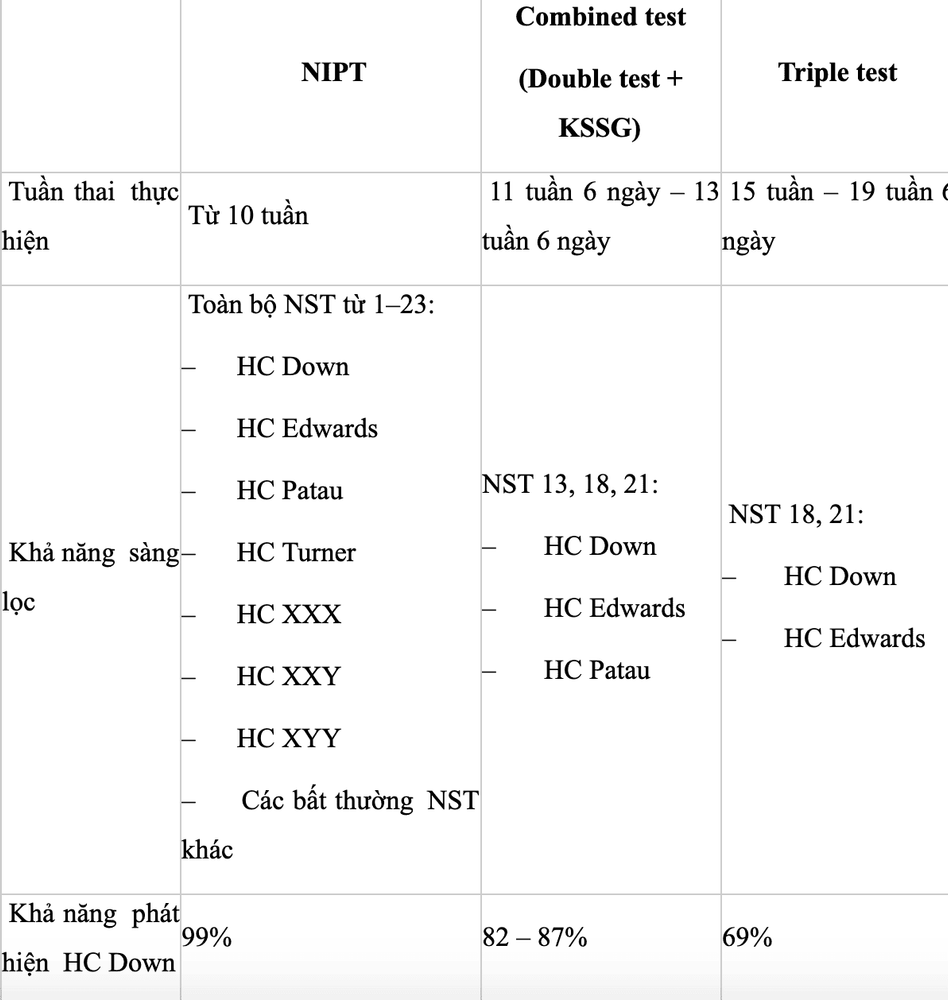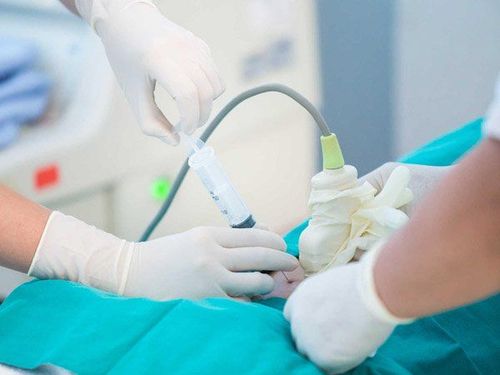This is an automatically translated article.
The article is professionally consulted by Master, Resident Doctor Nguyen Thanh Vinh - Department of Obstetrics and Gynecology - Vinmec Ha Long International General Hospital.
1. Learn about Edwards . syndrome
Edwards syndrome (HC Edwards) occurs in patients with an extra chromosome 18 in the genome, so it is also called trisomy 18 or trisomy 18 (trisomy 18).
Hội chứng Edwards xảy ra ở bệnh nhân thừa 1 nhiễm sắc thể số 18
There are two types of tests that can detect Edwards HC in pregnancy: screening tests and diagnostic tests. The most commonly used prenatal screening test is the triple test, which helps to estimate the risk of Edwards's syndrome in the fetus, while the diagnostic test helps to accurately determine if the fetus has Edwards' syndrome.

Hội chứng Edwards có thể phát hiện sớm bằng sàng lọc trước sinh
Some diagnostic tests to screen for Edwards syndrome in the fetus today include: karyotype analysis, fluorescence in situ hybridization (FISH), noninvasive prenatal screening (NIPT). .. In which, the non-invasive prenatal screening method (NIPT) is the most modern and advanced method today with the highest safety and accuracy.
2. Advantages of NIPT test to detect Edwards . syndrome
NIPT (Non-Invasive Prenatal Test) is the most advanced prenatal testing method in the world today. This test analyzes the free fetal DNA dissolved in the mother's blood by gene sequencing technology, thereby helping to detect chromosomal abnormalities from a very early fetal time with very high accuracy.The percentage of fetal DNA in pregnant women's blood ranges from about 10-20%. Fetal free DNA is found in the pregnant woman's blood from the 7th week of pregnancy. The concentration of fetal free DNA in the mother's blood will gradually increase with the week of pregnancy and only exists in the pregnant woman's blood for a few hours after birth. Therefore, the results of the fetal blood test are not affected by previous pregnancies.

Xét nghiệm NIPT phân tích ADN tự do của thai nhi trong máu mẹ
Traditional prenatal diagnosis methods such as amniocentesis and placental biopsy have high accuracy, but have many potential unsafe factors such as: increasing the risk of miscarriage, vaginal bleeding, fluid leakage. Amniotic fluid, infection, ...
Traditional screening methods including maternal serum screening (double test, triple test) and ultrasound have not yet met the wishes of pregnant women because of false positives. high, thereby increasing the rate of pregnant women having unnecessary amniocentesis.
Therefore, prenatal screening NIPT meets the wishes of pregnant women in prenatal DNA screening, without amniocentesis, placental biopsy, non-invasive, so it is much safer. Furthermore, NIPT screening can be performed from the 10th week of pregnancy onwards, helping to detect very early chromosomal abnormalities, including Edwards syndrome.
3. The ability to detect Edwards syndrome in the fetus in the NIPT . test
NIPT technique can screen for abnormalities of 23 pairs of chromosomes (chromosomes), including 22 pairs of autosomes and 1 pair of sex chromosomes. The NIPT method can predict with 99% accuracy the risk of a child having Down syndrome and 98% of the risk of a child having Edward syndrome
Kỹ thuật NIPT có khả năng sàng lọc hội chứng Edwards cao

So sánh khả năng sàng lọc của NIPT với các hội chứng bất thường NST thường gặp
Doctor Nguyen Thanh Vinh has many years of experience in major hospitals such as Hue Central Hospital, Hue University Hospital of Medicine and Pharmacy and is the main doctor who practices medicine at Hanoi Obstetrics and Gynecology Hospital.
For more information, please contact Vinmec Hospitals and clinics nationwide
Please dial HOTLINE for more information or register for an appointment HERE. Download MyVinmec app to make appointments faster and to manage your bookings easily.













